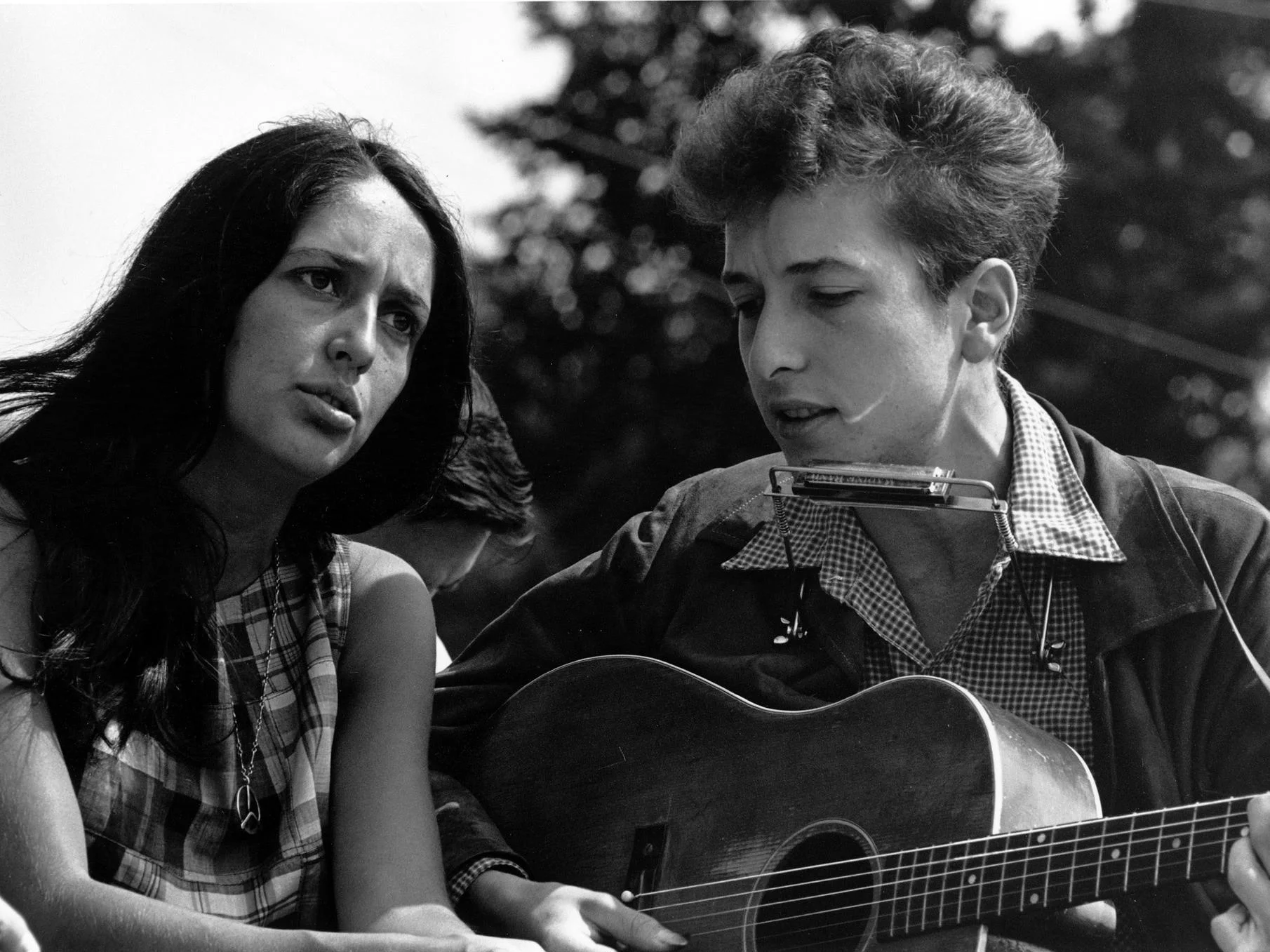New paper uses popular music to explore inequality

A new paper and upcoming book explore how popular culture, such as music, can be used to understand poverty and development issues.
In the article, Professor Lewis (LSE), Dennis Rodgers (The Graduate Institute, Geneva) and Michael Woolcock (World Bank) investigate this under-researched area and discuss how music is important as a medium of struggle and dissent.
For example, the authors outline the role of music as a form of resistance and a way of calling for social change. In the article, they discuss the history of Western protest music from artists such as Bob Dylan and Joan Baez during the 1960s civil rights movement in the US and spotlight songs by Senegal’s Geji Hip Hop women’s collective as a contemporary example of musical resistance to gender violence.
The UK’s Rock Against Racism movement in the 1970s was also significant in creating a politics of solidarity, merging traditions of punk rock from the Global North and reggae from the Global South.
In addition to being used expressively as a form of protest, the authors explore how music has been used instrumentally for fundraising, using the examples of the 1971 Concert for Bangladesh and the 1985 Live Aid gigs.
However, while the researchers note that such events have sometimes expressed progressive messages of international solidarity, they are critical of the images of starving people and underlying assumptions that failed to engage with structural or political problems.
This challenge of striking a balance between harnessing the power of popular culture for social good without its use becoming problematic or verging into areas of appropriation is one the researchers consider in the piece.
Commenting, Professor David Lewis said: "Music reflects society warts and all. It informs and integrates people but it can divide us too. While the Concert for Bangladesh was a culturally significant event in raising awareness around a huge political and humanitarian issue, it also fed unhelpfully into dominant narratives of the ‘third world’ as a place of hunger and disaster and reinforced passive stereotypes, as did Live Aid."
In their work, Professor Lewis and his colleagues have argued that mediums such as music, literature and film offer unique insights into human experiences and inform people about development issues, often reaching far wider audiences than academic work alone.
He added: "Most people don’t get their understanding of a complex subject like development from academic work, or necessarily even from news media. Often, it is popular culture that influences how people think about these kinds of important issues. Therefore, we need to broaden our lens and think about how academic research can work alongside popular culture to inform people’s understanding of issues like poverty and inequality, and perhaps convey messages as well."
A more in-depth feature on Professor Lewis's work on music and development will be available in the July issue of LSE's Research for the World magazine.